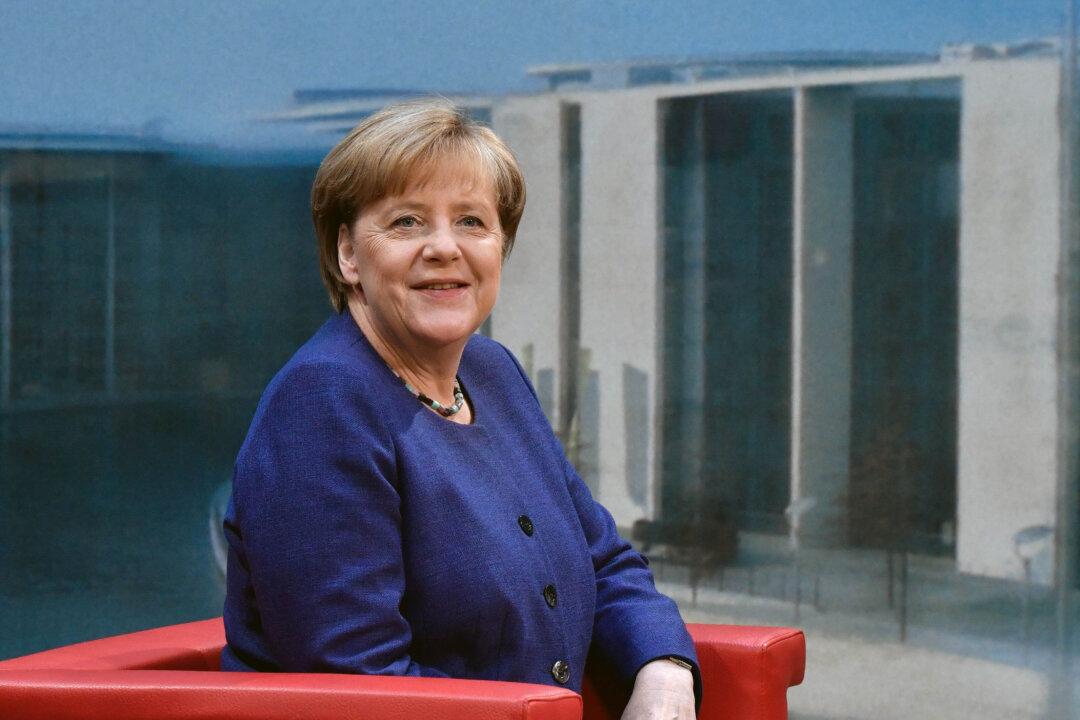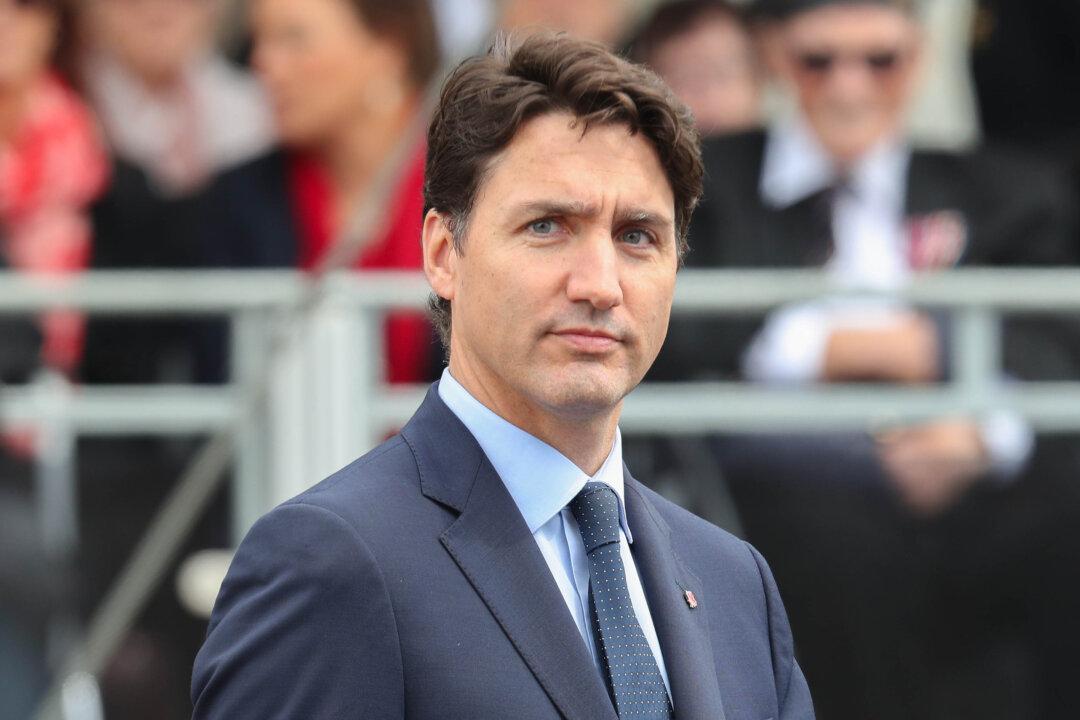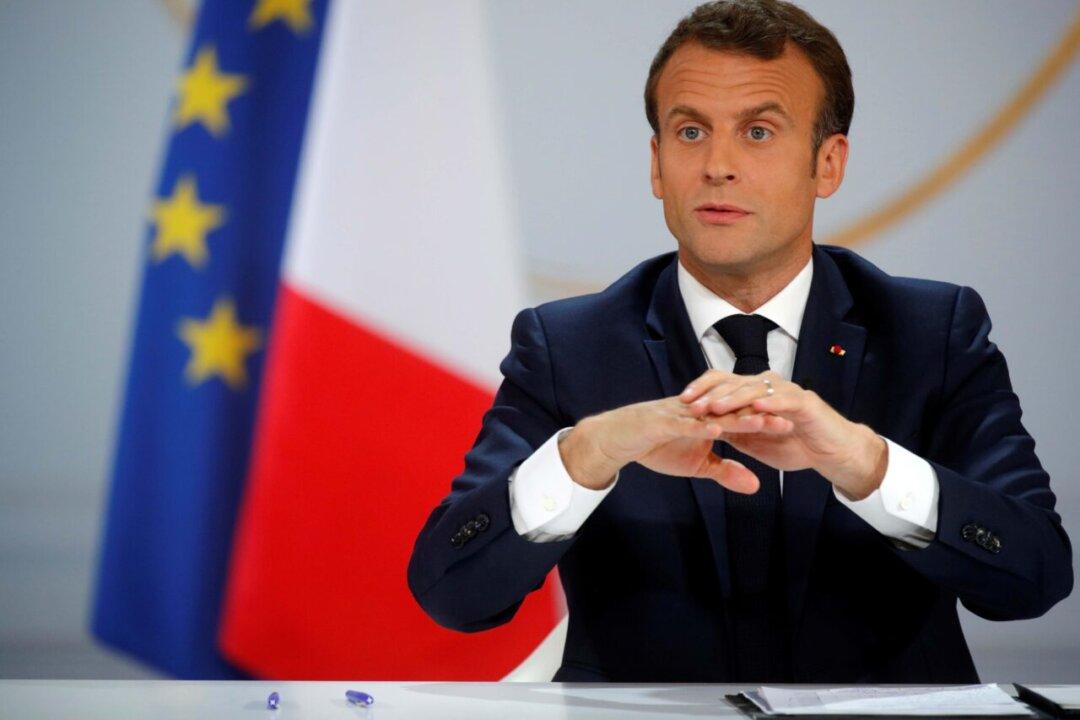Four months ago, the global consensus was that German Chancellor Angela Merkel was headed for easy reelection as Germany’s leader. Polls (those now increasingly unreliable benchmarks of politics) indicated that Merkel would win handily—not by a majority, but a sufficiently strong plurality to make forming a new government relatively easy.
Indeed, Merkel appeared to have inherited the sobriquet previously accorded to former British Prime Minister Margaret Thatcher (“Iron Maggie”), with the intimation that she was “Iron Angela.”





